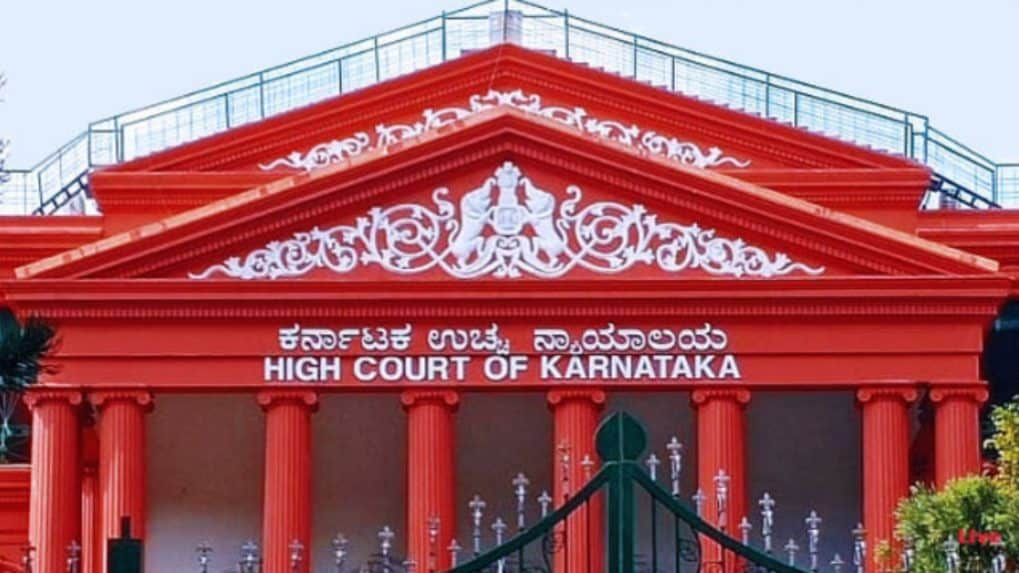EXCLUSIVE: "Only Parliament can regulate online gaming sector", Govt tells Karnataka HC
The Union government maintained that only Parliament has the competence to regulate the sector, citing its extra-territorial reach and its nexus with financial fraud, money laundering, and terror financing.
ADVERTISEMENT
The Union of India has strongly defended the Promotion and Regulation of Online Gaming Act, 2025 in the Karnataka High Court, asserting that the unregulated nature of the online gaming sector and its cross-border operations require a uniform national framework.
The government, represented by the Ministry of Electronics and Information Technology, filed its Statement of Objections in response to the writ petition filed by M/s. Head Digital Works Private Limited, operator of the A23 platform. The company has challenged key provisions of the Act, arguing that it violates constitutional rights and disproportionately penalizes games of skill such as rummy and poker.
The Union government maintained that only Parliament has the competence to regulate the sector, citing its extra-territorial reach and its nexus with financial fraud, money laundering, and terror financing. According to the Statement of Objections (reviewed by Storyboard18), the absence of a uniform law has left the sector vulnerable to manipulation and misuse, making central legislation imperative.
Read More: EXCLUSIVE: Govt alters stand before SC, asserts Union authority over Online Gaming
The government clarified that the Act defines an “online money game” as any game in which a user deposits money or pays a fee with the expectation of winning, irrespective of whether it is a game of skill or chance. Importantly, e-sports are explicitly excluded from this definition.
Violations of the Act—such as offering, advertising, or facilitating online money games—carry punishments including fines and imprisonment of up to five years.
The government’s objections underscored the legislative intent behind the law. Officials argued that the Act is designed to protect youth and vulnerable populations from the social, economic, and psychological harms linked to online money games.
The document cited multiple concerns:
Manipulative Design Features: Online platforms allegedly deploy addictive algorithms to encourage compulsive behavior.
Financial Integrity & National Security: The government warned that unregulated gaming poses risks to the country’s financial systems and could be exploited for illicit activities.
Urgent Policy Intervention: A lack of legal structure, the government claimed, has stunted the sector’s safe and structured growth.
“The Promotion and Regulation of Online Gaming Act, 2025 seeks to restore order in a sector riddled with manipulative practices while protecting national interests,” the government stated.
Read More: Govt's flip-flop in SC on Online Gaming may undermine its own ₹2.5 lakh crore GST case
Head Digital Works has argued that rummy and poker are games of skill, not chance, and therefore should not be subject to a blanket ban. The company highlighted that it has suspended operations since August 22, 2025, to avoid prosecution, affecting 606 employees and putting several crores of investments at risk. It also emphasized its compliance record, noting tax payments of ₹95 crore in service tax and ₹1,643 crore in GST over the years.
The company has sought an interim stay on the Act’s operation and a direction preventing coercive action against it.
While the Karnataka High Court continues to hear the matter, the Supreme Court has already ordered consolidation of all similar cases from Delhi, Madhya Pradesh, and Karnataka for a joint hearing. A bench led by Justices JB Pardiwala and KV Vishwanathan ruled that all challenges to the law must now be transferred to the apex court to prevent contradictory judgments.
The Supreme Court’s move effectively sets the stage for a decisive ruling on the constitutional validity of the controversial law, which has triggered strong opposition from India’s real money gaming industry.
Read More: Breaking: SC to hear all challenges on Online Gaming Act after Centre’s plea
Read More: Breaking: Karnataka HC seeks Centre’s response on Online Gaming Law by Sept 8


